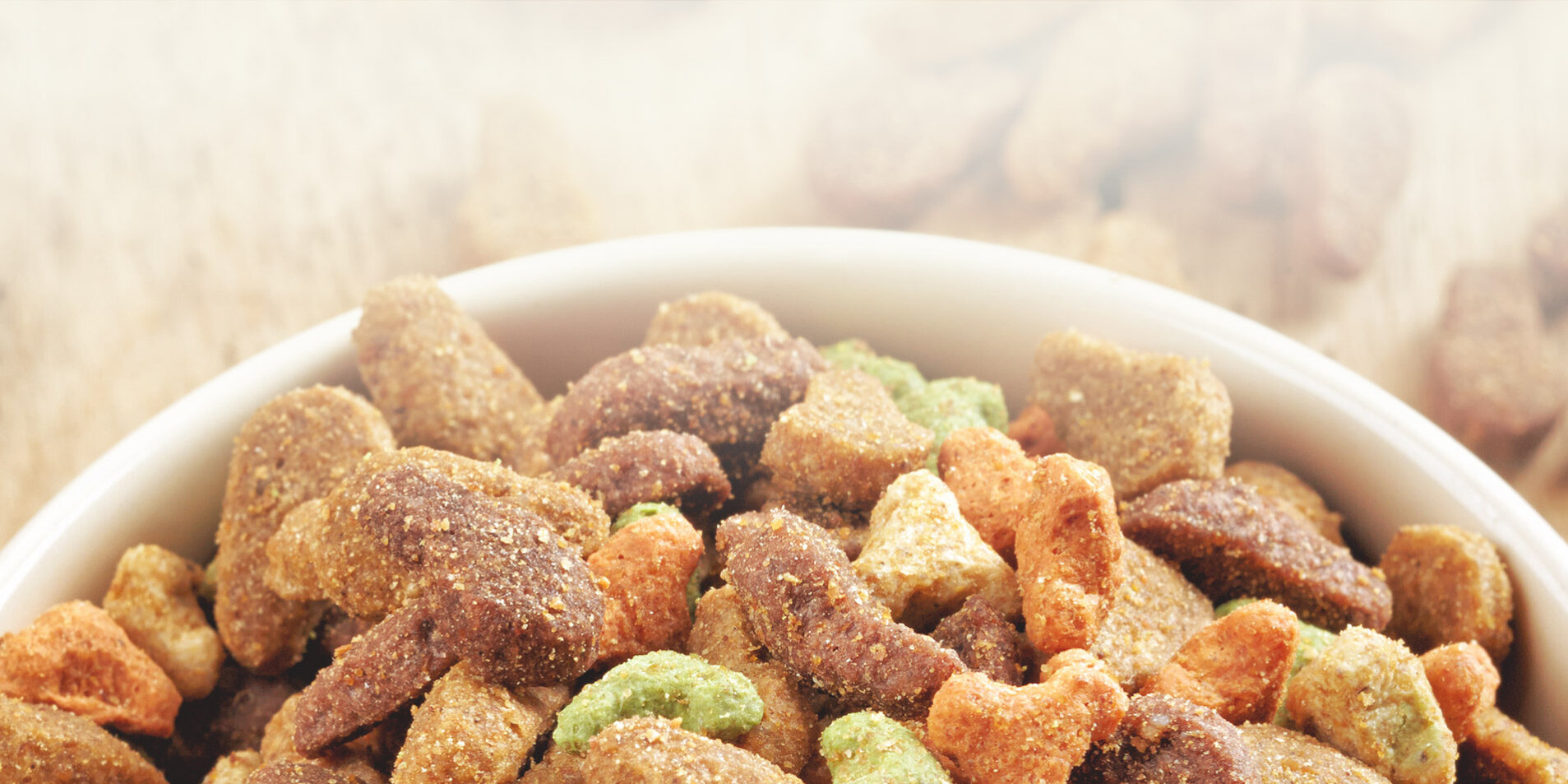Dogs suffer from the same types of bodily aches and pains as humans. Dogs have creaky joints, muscles soreness, cartilage loss and inflammation; inflammation is called osteoarthritis and it is the most commonly diagnosed joint and muscular problem with older dogs—usually seven marks the beginning of advanced age in dogs, although problems become especially prevalent when dogs are aged ten or older. And it is more common for the larger breeds to suffer joint and muscular problems than their smaller counterparts. Labs, Golden Retrievers, Great Danes, Rottweilers, and Mastiffs—to only name but a few—are all candidates for advanced-age-related joint and muscular problems.
Diet
Some studies show that diet can have a positive effect on dog’s osteoarthritis; studies show that some animals experience relief from the pain of the inflammation associated with the disease when they consume a diet loaded with healthy calories and that is free of chemicals and other compounds that could cause inflammation. Things like Omega-3 Fatty Acids (Omega-3 Fatty Acids are a healthy fat that’s found in fish, and when they are added to certain dog foods oftentimes get labeled “Hip and Joint Health” on the package—the food in questions may have other ingredients that benefit joint health.
Maintain a Healthy Weight
One of the most important aspects of a dog’s health is to limit his or calories, but also to help him or her maintain a healthy weight through exercise (You may feel tentative exercising a dog who suffers from joint/muscular problems, but the exercise is good for an animal’s joint/muscular health and also helps him or her keep at a healthy weight). Remember that even just a few extra pounds can exacerbate a dog’s arthritis. Dogs suffering from arthritis may be stiff and sore, but it is important that they participate in some daily exercise; a sore pup may not run and participate in play the way he or she used to, but even a slow-paced walk around the block, or a game of fetch, is good for them.






